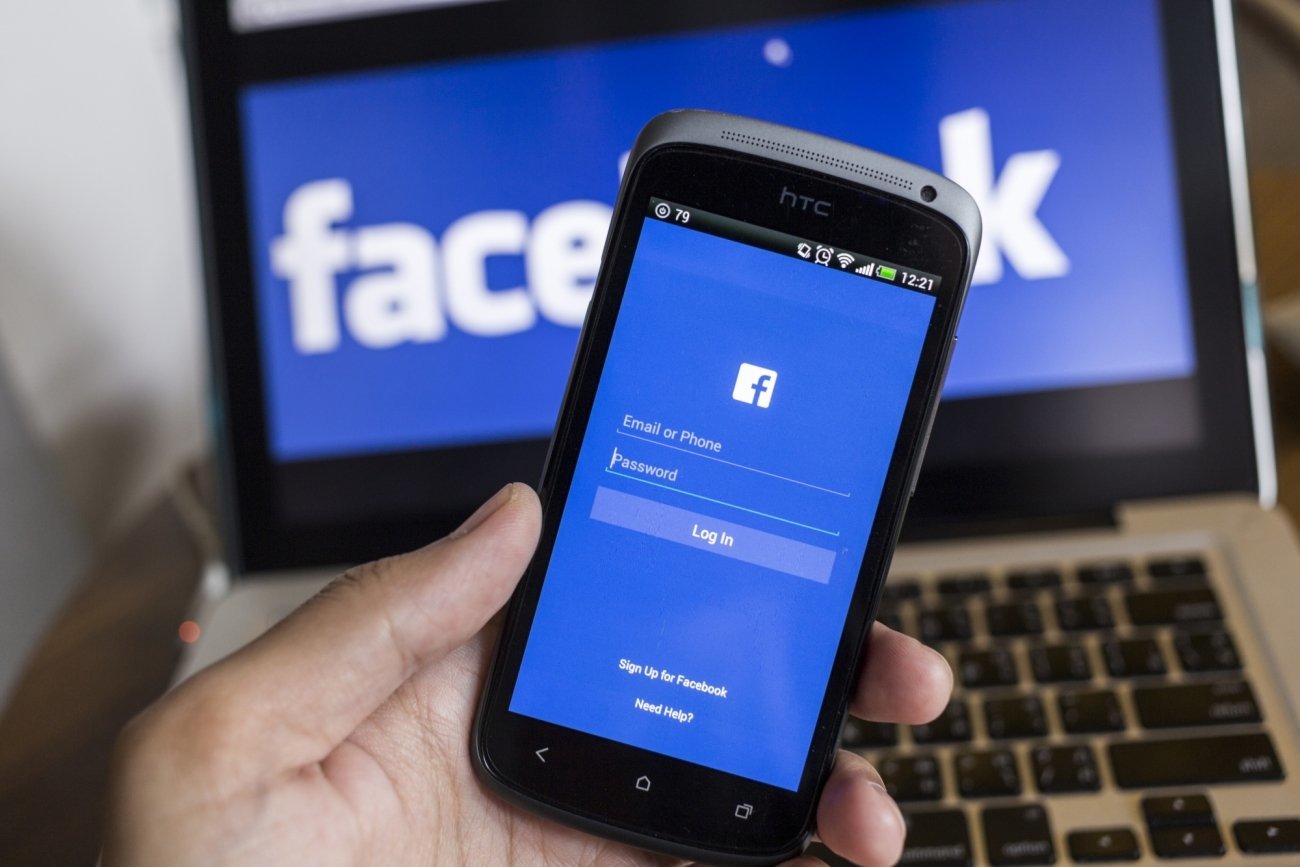
The chances of falling victim to online fraud is being seriously underestimated by social media users, according to new research.
A study by consumer watchdog Which? showed most people were lulled into a false sense of security by the social nature of platforms such as Facebook.
A third of participants did not know that fake products might be advertised on the site – putting them at risk of falling victim to purchase scams. A quarter failed to spot an investment scam advert with a fake celebrity endorsement.
In the year to June 2020, Action Fraud received 822,276 fraud reports, and the value of losses was £2.3 billion. Action Fraud estimated that 85% of all fraud over the course of the year was carried out digitally.
The financial consequences for victims tricked by these fraudsters as well as those who post scam ads on websites and search engines like Google can be significant.
The emotional consequences are equally serious. Scam victims their confidence and ability to trust other people had been seriously damaged.
Rocio Concha, director of policy and advocacy at Which?, said: “The time for serious action on online scams is now. The government must urgently come forward with proposals to stem the growing tide of scams.”

Enjoy the convenience of having The Sunday Post delivered as a digital ePaper straight to your smartphone, tablet or computer.
Subscribe for only £5.49 a month and enjoy all the benefits of the printed paper as a digital replica.
Subscribe